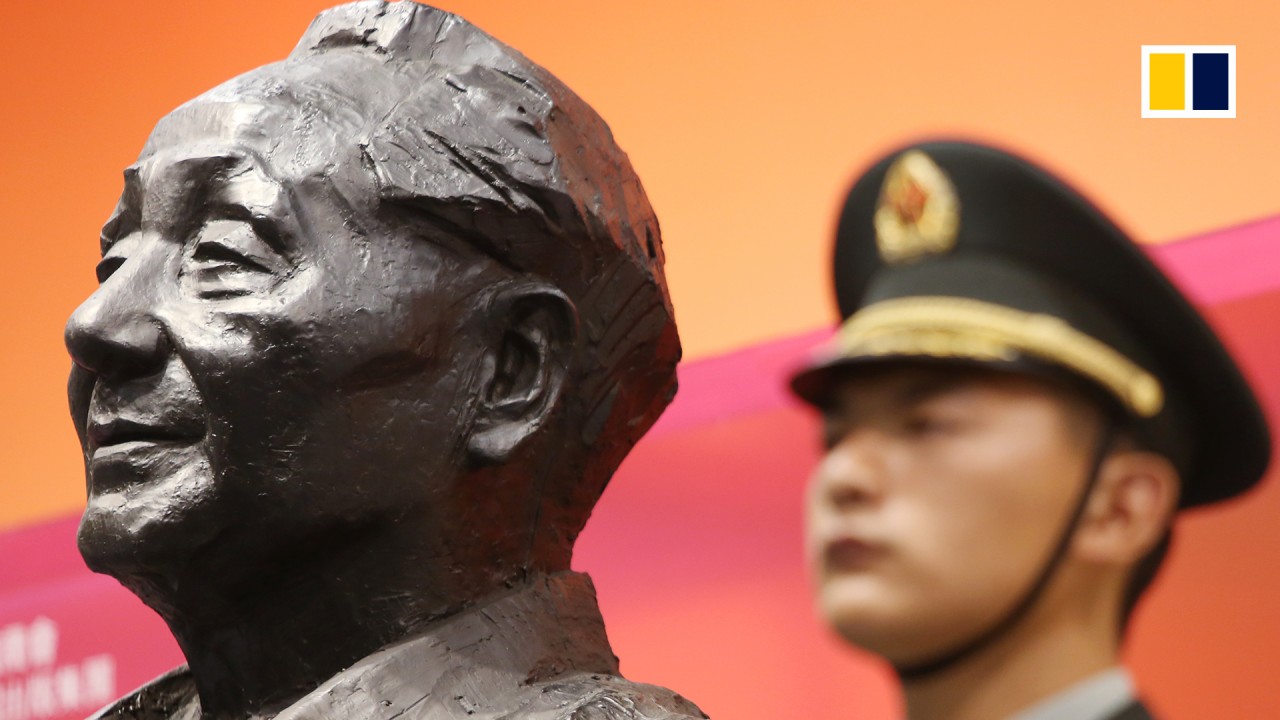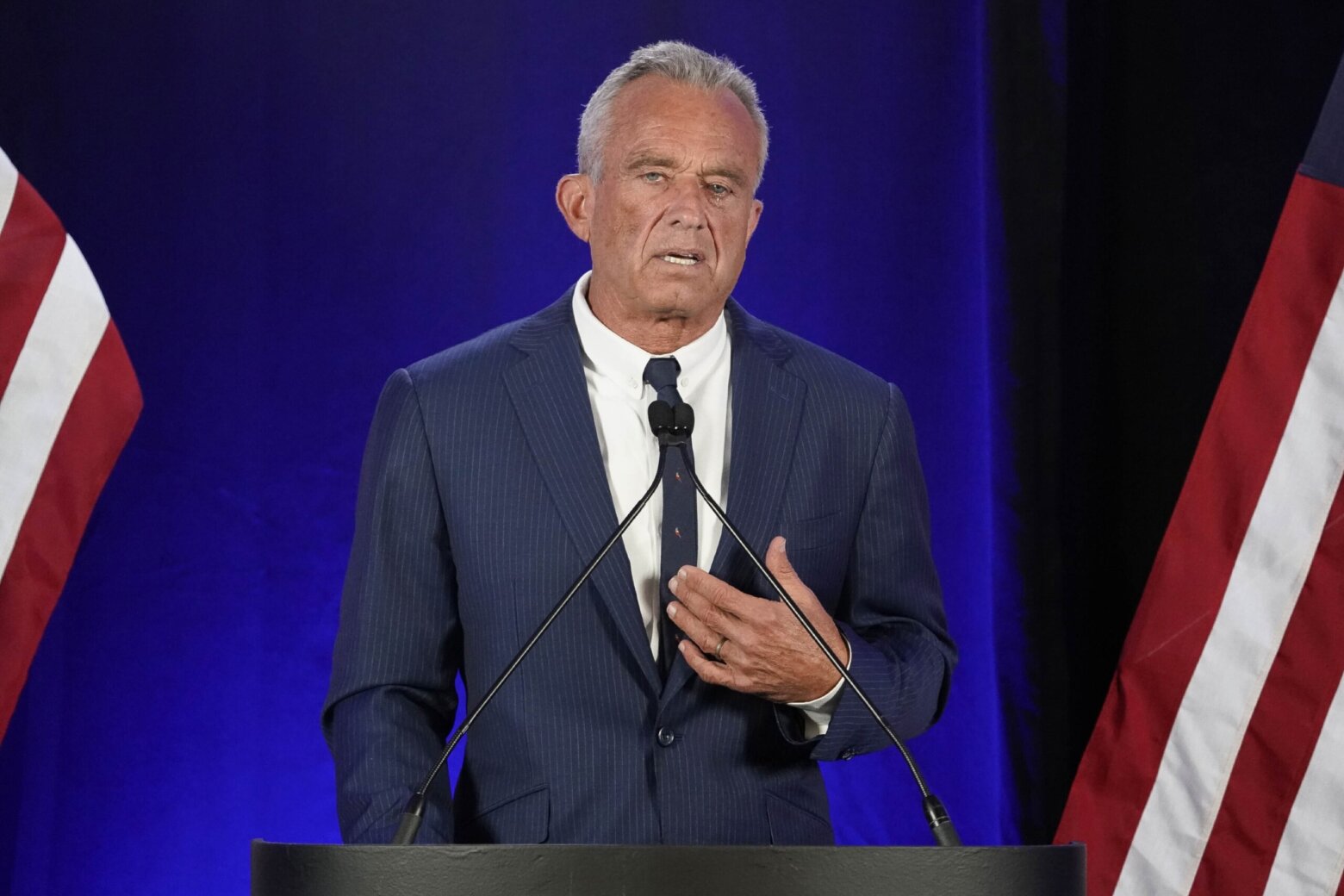Deng died in 1997 aged 92, and China holds a major event every 10 years to commemorate his birth.
The book, first published in 2014, describes the latter part of the decade of political turmoil from 1966 when Deng rose again after being demoted and sidelined by political enemies. The party often uses this period of ups and downs in Deng’s career to highlight his resilience and strong faith in serving the country.
Other publishers have also been at work on Deng-themed releases timed for the anniversary.
The Institute of Party History and Literature, which publishes material for party leaders, launched a book last month called Deng Xiaoping’s Reform Ideas and their Practical Significance.
The institute said the book was to “help party members and cadres understand the historical process of reform and opening up, and comprehensively deepen reforms on the new journey”.
Also last month, two publishers in the eastern province of Jiangxi announced the publication of a non-fiction book about Deng and his time in exile there during the Cultural Revolution. The book was written by Zhu Hong, a former vice-governor of Jiangxi.
Producers of a 2022 film based on a similar theme said on Saturday that they hoped to re-release the production.
The anniversary preparations come at a difficult time for Beijing, with the country facing multiple challenges, including a weak domestic economic recovery and growing competition with the United States.
Deng has long been regarded as the pioneer of China’s rapid economic growth. He broke the constraints of a tightly controlled planned economy after the end of the Cultural Revolution, which emphasised class struggle, and transformed China into a potential superpower.
The commemorations for Deng – and other leaders such as Mao Zedong – are a chance for today’s leaders to reflect on the legacy of their predecessors and to consider the way forward.
In his 2014 speech, Xi hailed Deng’s contributions to the party and the people as “historic and worldwide” and insisted that China would follow its own path.
“We should learn with an open mind what is useful and good in other countries. But we should not copy everything from abroad, let alone accept what is bad,” Xi said.








